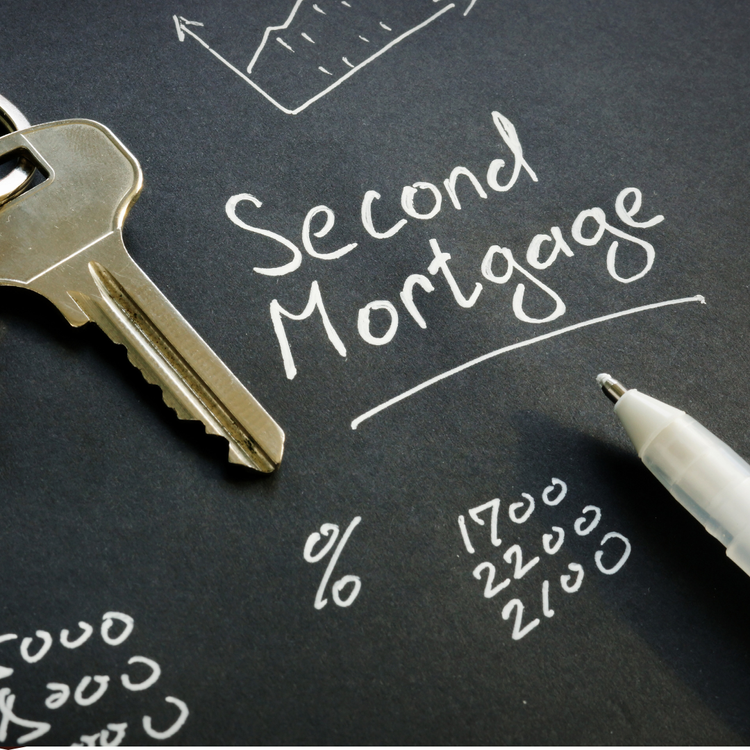What is home equity?

Short Answer:
The portion of the house that you own vs the bank. Equity is the value of the home minus the balance of any mortgages you owe. For example, if a home is worth $300,000 and the homeowner owes $200,000 on the mortgage, the equity in the house is $100,000.
Longer Answer
Home equity is a term that often comes up in conversations about real estate and personal finance. But what exactly is home equity, and why is it important?
What is Home Equity?
Home equity is the portion of your home that you truly own. It is the difference between the current market value of your home and the amount you still owe on your mortgage. Essentially, it represents your financial stake in your property.
How is Home Equity Calculated?
Calculating home equity is straightforward. Here’s the formula:
Home Equity = Current Market Value of Home - Outstanding Mortgage Balance
For example, if your home is valued at $400,000 and you owe $250,000 on your mortgage, your home equity would be $150,000.
Why is Home Equity Important?
- Financial Security: Home equity can serve as a financial cushion. In times of need, you can tap into this equity through loans or lines of credit.
- Investment Opportunity: As you pay your mortgage and your home’s value appreciates, your equity grows. This can be a significant part of your overall wealth and be used for future investments.
- Borrowing Power: Home equity can be used as collateral for loans. Home Equity Loans and Home Equity Lines of Credit (HELOCs) are common ways to borrow against your home’s equity for major expenses like home improvements, education, or medical bills.
- Retirement Planning: For many, home equity is a key component of retirement planning. Downsizing or taking out a reverse mortgage can provide additional funds during retirement years.
How to Build Home Equity?
- Pay Down Your Mortgage: The more you pay off your mortgage, the more equity you build. Making extra payments or paying more than the minimum can accelerate this process.
- Home Improvements: Upgrading your home can increase its market value, thereby increasing your equity. However, it’s important to choose improvements that offer a good return on investment.
- Market Appreciation: Over time, real estate market values generally increase. As your home’s market value rises, so does your equity.
- Lump-Sum Payments: If you come into extra money, consider making a lump-sum payment towards your mortgage principal. This can significantly boost your equity.
Conclusion
Home equity is a powerful financial tool providing security, investment opportunities, and borrowing power. By understanding and leveraging home equity, you can make the most of your investment and secure a more stable financial future. Whether you’re a new homeowner or have been in your home for years, keeping an eye on your home equity can pay off in the long run.
Have questions about tapping into the equity of your home, please reach out at teamjd@mainstreethl.com
—
These blogs are for informational purposes only. Make sure you understand the features associated with the loan program you choose, and that it meets your unique financial needs. Subject to Debt-to-Income and Underwriting requirements. This is not a credit decision or a commitment to lend. Eligibility is subject to completion of an application and verification of home ownership, occupancy, title, income, employment, credit, home value, collateral, and underwriting requirements. Not all programs are available in all areas. Offers may vary and are subject to change at any time without notice. Should you have any questions about the information provided, please contact me.
Check out the answer to more mortgage questions at www.jdanswersquestions.com

